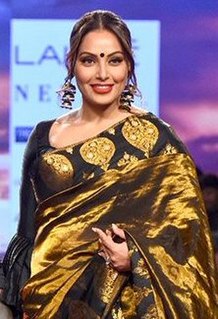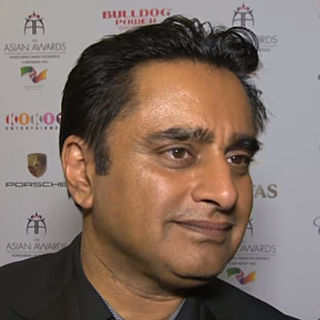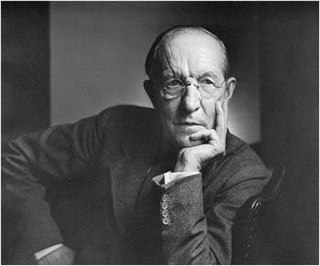A Quote by Bipasha Basu
For the longest time, Indian women have been okay with being curvy. But I think the modern Indian woman needs to get toned. I don't endorse being thin. Anorexia and bulimia are a reality in India because everybody wants to be thin.
Related Quotes
I think anorexia is a metaphor. It is a young woman's statement that she will become what the culture asks of its women, which is that they be thin and nonthreatening. Anorexia signifies that a young woman is so delicate that, like the women of China with their tiny broken feet, she needs a man to shelter and protect her from a world she cannot handle. Anorexic women signal with their bodies "I will take up only a small amount of space. I won't get in the way." They signal "I won't be intimidating or threatening." (Who is afraid of a seventy-pound adult?)
I don't like to use the words 'real women,' honestly. I like to use the word 'woman.' And I say that because there are so many women out there who are naturally thin or are naturally curvy, and I think when we start putting a label on the type of woman, it gets misconstrued and starts to offend people.
I don't like to use the words "real women," honestly. I like to use the word woman. And I say that because there are so many women out there who are naturally thin, or are naturally curvy, and I think when we start putting a label on the type of woman it gets misconstrued and starts to offend people. At the end of the day we just all want to be known as women or models or actresses or whatever.
People use me as a figurehead, and to me that misses the point and is blatantly offensive to thin women - my sister, for one. Curves don't epitomise a woman. Saying, 'Skinny is ugly' should be no more acceptable than saying fat is. I find all this stuff a very controlling and effective way of making women obsess over their weight, instead of exploiting their more important attributes, such as intellect, strength and power. We could be getting angry about unequal pay and unequal opportunities, but we're too busy being told we're not thin enough or curvy enough. We're holding ourselves back.
Indira Gandhi had been this very powerful, dominating, ambiguous mother figure. Ambiguous because she was tyrannical, she had imposed...she had suspended Indian democracy for a few years but she also was the woman who had defeated Pakistan in war at a time when most male politicians in India had secretly feared fighting that war, so that here in India even today Indira Gandhi is called by Indian nationalists the only man ever to have governed India.
I have always been a fan of Salvador Dali, but Amrita Sher-Gil, who was an Indian-Hungarian painter, is another favourite. She was painting Indian women, and, growing up here, I'd never seen anyone paint Indian women, so that was really incredible to see a painting of someone who looks like you. I think that has a lot of impact on you.



































